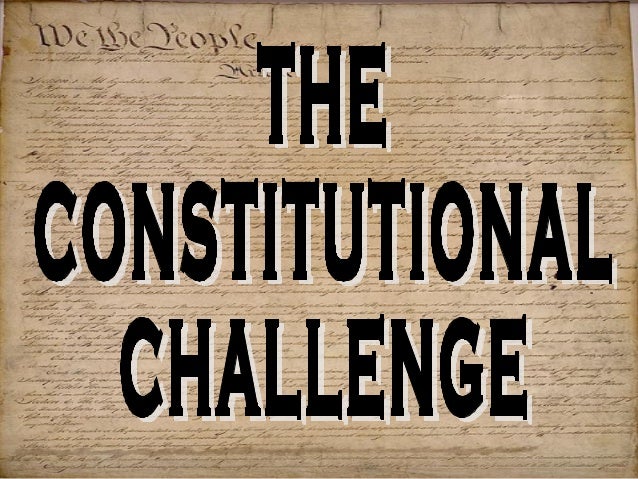
The Oklahoma Supreme Court has a potential problem when it comes to challenges to the ratepayer-backed bonds that might be used to pay for the financing method Oklahoma Gas & Electric intends to use for its February 2021 winter storm costs.
Justices await a court referee’s recommendation on legal challenges made during a court hearing last week. But the court has also been asked by one of those making a challenge of OG&E and the Oklahoma Development Finance Authority, former legislator Mike Reynolds, to consider the constitutionality of the entire Act that allowed the financing method to be approved by the Oklahoma Corporation Commission.
On January 18, Reynolds, the former State Representative for South Oklahoma City, filed suit with the Supreme Court claiming the 2021 Regulated Consumer Protection Act is unconstitutional, largely because the bonds to be issued by the ODFA constitute a “debt” for the state and there was never a vote of the people to allow it.

“Article 10, Section 25, Oklahoma Constitution, prohibits the legislature from approving debt laws without a vote of the people—“he argued in his legal challenge, adding, “The words of the Oklahoma Constitution have not changed.”
Further in his challenge Reynolds stated, “The Oklahoma prohibition is clear. The State cannot sell bonds (instruments of debt) without a vote of the people—.”
Reynolds also cited previous court rulings on the issue.
“The Oklahoma Constitution uses the words “shall never.” Where the constitution or statute uses “shall” the common meaning of the word is “must.” State v. Hunt, 1955 OK, 286 P.2d 1088, 1090. Therefore, the effective words in our constitution are “must never create any debt or pay any deficit.”

Another reference was made to a Supreme Court ruling made 60 years that said creating debt was unconstitutional and invalid. It was Boswell v. State, 1937 OK where the legislature enacted a bill to sell $35 million in Highway Revenue Anticipation Notes for construction and reconstructing roads and bridges. Reynolds said the court declared the Senate Bill unconstitutional and invalid and the Boswell ruling has not been specifically overruled.
“The citizens do not get to vote and existing revenue sources rather than new revenue sources will have to be diverted to pay this debt,” wrote Reynolds. “It is not too late for the Court to stand with the people.”
Reynolds also charged that the Act, which originated in the legislature as SB1050 attempts to make a property of the “securitization”, a move that would be impossible to enforce were a lien to be filed against it. In his arguments, he noted that the bond-issuing agency, the Oklahoma Development Finance Authority has no website and is apparently known only to “bond advisors.”
“This appears to be the first of many attempts (Oklahoma Natural Gas, Public Service Company) for the Oklahoma Finance Authority to use a nefarious mechanism based on a promise of collection of monies from rate-payers to pay off unknown, undefined, imprudently incurred and unfairly allocated costs which would be unconscionable,” stated Reynolds.
SB1050 was authored by Sen. Roger Thompson of Okemah and Rep. Kevin Wallace of Wellston. Thompson was chairman of the Senate Appropriations Committee and Rep. Wallace chaired the House Appropriations and Budget Committee.
The measure had its first reading February 11, 2021 even as snow still covered the ground from the storm that hit Feb. 8 and lasted until Feb. 20, 2021.
Approval in the Senate came on April 15 on a vote of 42-4. The House approved it on third reading on April 10 with a vote of 78 to 17. On April 20, the bill was sent to Gov. Kevin Stitt who signed it into law on April 23, 2021.





